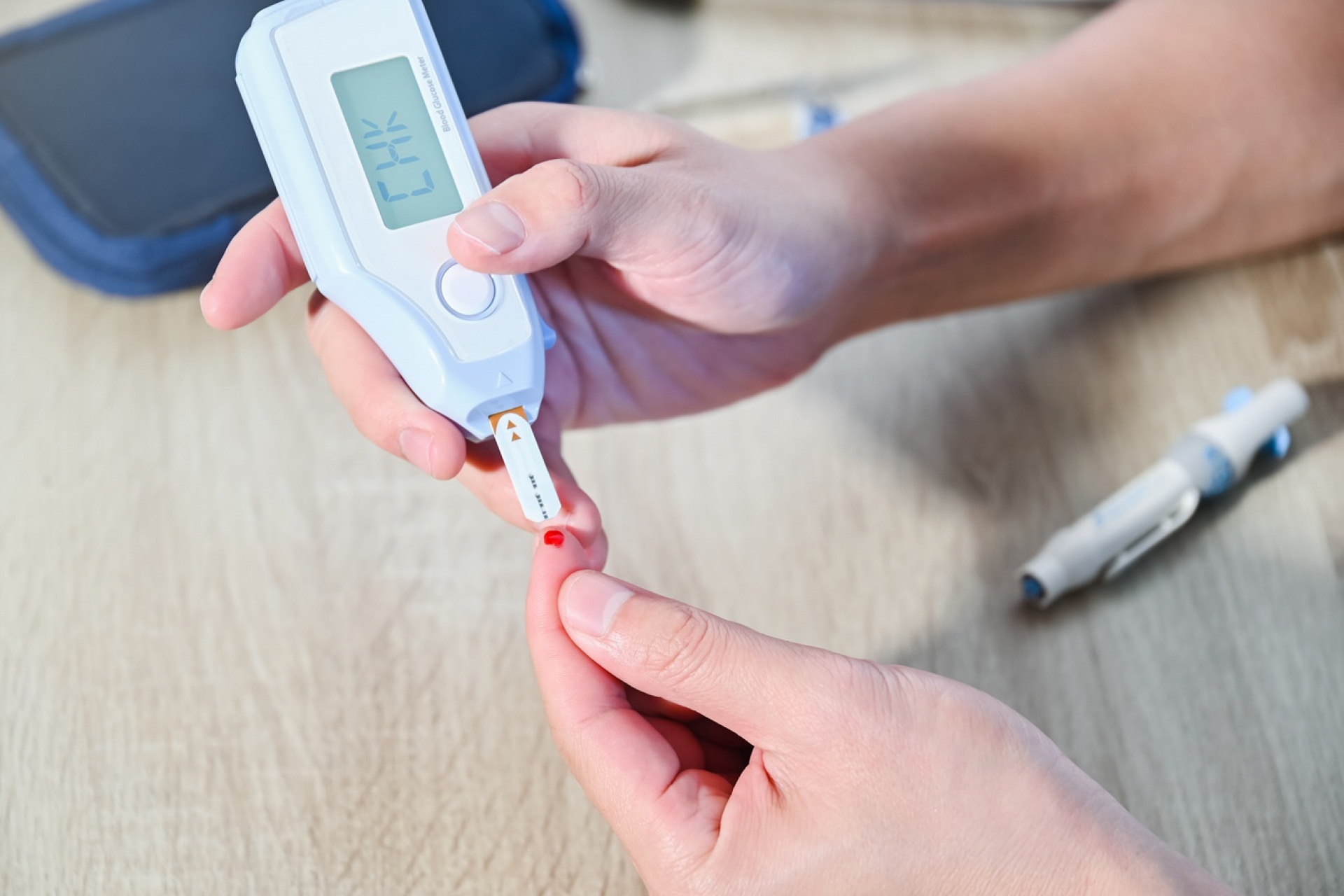Insulin antibodies are proteins made by your immune system in response to insulin, the hormone that regulates sugar in the blood. These antibodies can interfere with insulin's function, ultimately resulting in the development of diabetes.
Importance of Insulin Antibody Test
Insulin autoantibodies are antibodies or proteins produced by the body's immune system that are associated with type 1 diabetes. Insulin antibody blood testing can help determine if there are autoantibodies present in your bloodstream. This test is used to detect antibodies produced against the hormone insulin, which is secreted by your pancreas. The presence of antibodies (IgG and IgM) against insulin may indicate an increased risk of developing type 1 diabetes.
Type 1 diabetes results from a total lack of insulin due to the body's autoimmune destruction of the beta cells of the pancreas. Islet autoantibodies can be detected in people who have already developed diabetes, as well as in those who are at risk for developing diabetes. The presence of islet autoantibodies reflects an ongoing autoimmune attack against pancreatic islets. In contrast, type 2 diabetes is mainly a result of insulin resistance and reduced insulin production, without the involvement of autoimmune mechanisms.
Islet autoantibodies are found in nearly 95% of people with autoimmune type 1 diabetes when they are diagnosed but are not usually present in people with type 2 diabetes.
Early diagnosis of type 1 diabetes can help guide treatment and avoid complications. People with type 1 diabetes will require close glucose monitoring frequently each day and multiple daily injections or infusions of insulin to control their blood sugar. Those with type 2 diabetes may need to check their glucose levels once or more each day and control their blood sugar using different strategies, including meal planning, exercise, oral medications, or insulin injections.
Five of the most commonly utilized autoantibody tests for diabetes include:
- Islet Cell Cytoplasmic Autoantibodies (ICA)
- Glutamic Acid Decarboxylase Autoantibodies (GADA)
- Zinc Transporter-8 Autoantibodies (ZnT8A)
- Insulinoma-Associated-2 Autoantibodies (IA-2A)
- Insulin autoantibodies (IAA)
Symptoms of Type I Diabetes
Common symptoms of type 1 diabetes include:
- Feeling more thirsty than usual
- Urinating often
- Weight loss
- Feeling tired and weak
- Having blurry vision
- Having a slow-healing wound
- Getting more infections
- Having numb/ tingling hands or feet
- Having dry skin
Why is the Insulin Antibody Test Performed?
The insulin antibody test may be performed in the following conditions:
- If you have or are at risk of developing type 1 diabetes.
- If there are signs of an allergic reaction to insulin.
- To distinguish type 1 diabetes from type 2 diabetes
- If insulin is no longer effective in managing your diabetes.
- If you are using insulin to regulate your diabetes and experience fluctuating blood sugar levels that cannot be attributed to your diet and insulin injections.
Insulin Antibody Test Procedure and General Information
Insulin antibody tests generally do not require any special preparation. Be sure to tell your healthcare provider about all the medications you are taking, because they may affect the test results. Your healthcare provider will extract a blood sample from a vein in your arm and then send it to a laboratory for analysis. If you need to have a random or fasting plasma glucose test done before having an insulin antibody test, you will be instructed to fast before the test.
Insulin Autoantibody Test Results
Typically, individuals do not have antibodies against insulin in their bloodstream. However, antibodies may be present in the blood of individuals who use insulin to manage diabetes.
There may be variations in the standard value ranges depending on the laboratory. Various labs may use different units of measurement or test various samples. It is advisable to consult with your healthcare provider to understand the significance of your particular test results.
The diagnosis of type 1 diabetes may involve testing for the presence of two types of antibodies, IgG and IgM, against insulin. If a person’s body develops anti-insulin antibodies, the insulin will be less effective or not effective at all in lowering blood glucose levels. Anti-insulin antibodies can also increase the risk of low blood sugar.
Your healthcare provider might prescribe a different kind of insulin to help avoid developing antibodies. If test results show high levels of IgE antibodies against insulin, it means that a person is experiencing an allergic reaction to the insulin. This might cause redness or swelling at the injection site and, in rare cases, potentially more serious effects affecting blood pressure or breathing. Treatment options include medications like antihistamines or low-dose injectable steroids, together with desensitization or antibody removal therapy.
The insulin antibody test for diabetes is used to assess the presence or absence of insulin antibodies in the blood sample, specifically those that are targeted against insulin or the insulin receptor. Insulin antibodies are proteins that your immune system makes in response to insulin, a hormone that helps control sugar levels in your blood. These antibodies can hinder insulin's function, leading to the onset of diabetes.


